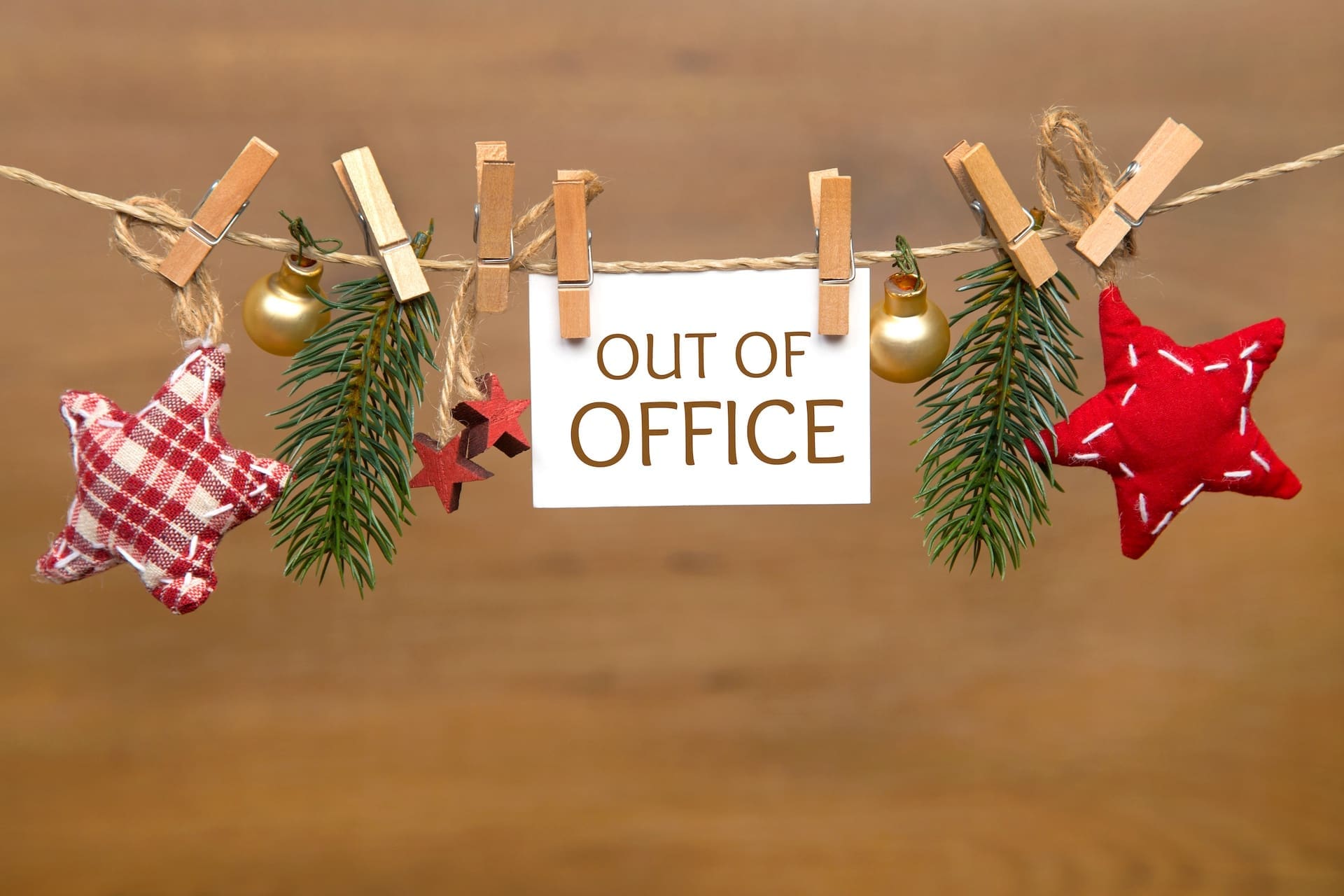
With concerns about the climate crisis growing year on year, recycling is more important than ever for UK businesses of all sizes and sectors. Today’s consumers are increasingly eco-conscious, choosing to align themselves with brands that can showcase a positive effort to protect the health of the planet and this, of course, includes recycling.
But for such a seemingly simple step in the sustainability movement, recycling carries a lot of confusion and misinformation with it. Luckily, we’re here to debunk some of the most common recycling myths, giving you the knowledge you need to recycle more effectively across your organisation.
Myth: All plastics are recyclable
Many plastics are able to be recycled, but not all can be collected kerbside with the rest of your recycling. While common items like water bottles and milk containers are usually accepted, other items like plastic bags, old toys and toothpaste tubes require a bit more effort.
Businesses should refer to local recycling guidelines to look for specialised recycling programmes, as they will offer advice on these materials.
Myth: Biodegradable products are always better
With sustainability constantly making headlines, many people and businesses are trying to reduce their environmental impact by switching to greener products, including biodegradable items. However, wipes and other products labelled ‘biodegradable’ may seem environmentally friendly, but they can still take years to decompose, and may not break down properly in home compost.
Because they can’t be recycled, they often end up in general waste, so it’s better to reduce the reliance on single-use items altogether and opt for reuseable alternatives.

Myth: Recycling symbols mean an item can always be recycled
We’re all familiar with the Mobius loop – the three arrows forming a triangle that appears on many common products. We often take this for confirmation that the product can go in our home or office recycling bin, but in reality, this symbol only denotes that the material is recyclable, not that it will be accepted by your local recycling programme.
The green ‘swoosh’ symbol is more reliable for identifying materials widely accepted by kerbside collections in the UK.
Myth: It doesn’t matter if non-recyclable items are put in the recycling bin
While it may not seem like a big deal, incorrectly placing non-recyclable items in the recycling bin can contaminate entire loads of waste, leading to it all being sent to landfill or for incineration.
This practice is known as wish-cycling, and undermining recycling efforts while also increasing waste management costs. It’s vital to verify whether an item can actually be recycled before putting it in with the rest of your recyclable waste.

Myth: All recycling is sent abroad
Due to a lack of domestic facilities, some of the UK’s recycling is exported. However, many materials are recycled within the UK, including glass, paper, and cardboard. Issues such as illegal dumping and improper waste management are putting excess strain on our recycling facilities, rather than the recycling process itself.
Myth: Food and drink containers can’t be recycled
It’s impossible to put a blanket rule on all food and drink containers, as their viability for recycling changes depending on the materials used. PET containers like water bottles are easily recyclable, while composite materials like certain coffee cups are not. To avoid contamination, food and drink containers should always be cleaned before recycling.

Contact Everflow today!
At Everflow, our goal is to make your utilities simpler. We ensure you get great-value contracts that are tailored to your needs and easy to manage.


